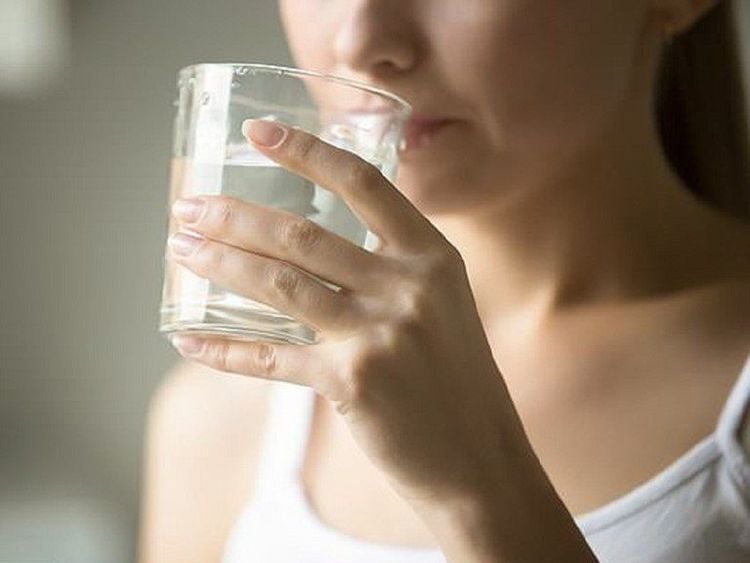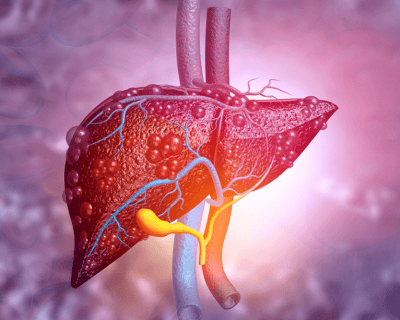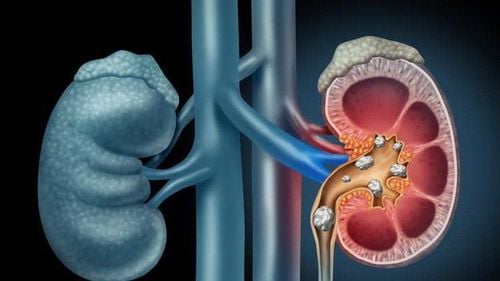While dehydration is a significant health concern, excessive water intake can also lead to issues. Water overload occurs when one consumes more water than the body requires. Prolonged excess can strain the kidneys, dilute sodium levels in the bloodstream, disrupt electrolyte balance, or result in water toxicity.
1. How is excessive water consumption defined?
Water overload occurs when the body absorbs more water than it excretes, leading to a dilution of normal sodium levels in the blood. An excessive intake of water can place a strain on the kidneys, resulting in renal failure and potentially leading to digestive issues, behavioral changes, brain damage, seizures, or coma.
Infants appear to be at a higher risk of water overload due to their small body weight. This condition is particularly common in the first month of life when infants may be given too much water, while their renal filtration mechanisms are still immature and unable to excrete fluids as quickly as older children. Therefore, breast milk or formula provides all the fluids a healthy baby needs during the initial months.
Additionally, professional athletes or individuals who exercise for more than four hours a day may also face the risk of water intoxication. The concept of "water overload" in these patients is often associated with "exercise-induced hyponatremia." Excess water leads to excessive excretion of electrolytes, resulting in subsequent water-electrolyte imbalance.
In some other cases, dieters may tend to consume excessive amounts of water to fill their stomachs, which helps to suppress appetite and prolong the feeling of fullness. However, this method is never a safe dieting practice.
Moreover, excessive water consumption can also be attributed to psychological disorders, such as binge eating or drinking.

2. What are the symptoms of drinking too much water?
Under normal circumstances, a healthy individual with a properly functioning hypothalamus (the part of the brain that regulates thirst), kidneys, and heart can consume, although not advised, up to 7 liters of water per day, with a maximum of 1.5 liters per hour.
The human body possesses an adequate protective mechanism to prevent actual water intoxication. Surpassing this tolerable limit can result in water toxicity. At this stage, the kidneys become overburdened, and the renal parenchymal cells may temporarily swell (while the liver remains unaffected as it does not play a role in water-electrolyte metabolism). Simultaneously, the brain can also become edematous, leading to increased intracranial pressure; consequently, one of the initial symptoms of excessive water intake is a headache.
Other symptoms associated with drinking too much water include muscle cramps and fatigue due to the dilution of sodium and potassium in the blood. Some individuals may experience nausea and swelling in the lower legs due to fluid retention caused by hyponatremia, which occurs when sodium levels in the blood drop significantly, affecting the function of multiple organs. Furthermore, congestive heart failure, profound and prolonged drowsiness, hallucinations, seizures, and partial or complete paralysis of the body can also manifest as a result of excessive water consumption. In the most severe cases, drinking too much water can lead to coma and even death.
3. How to treat water overload
Mild water overload can often be managed by following a doctor's guidance to limit water intake.
In more severe cases, diuretics may be prescribed to increase urine output. This prescription is based on the effects that water overload has on vital organs. Among these, impaired heart or kidney function is a top priority, and fluid restriction is a crucial component of any treatment plan.

In individuals with severe neurological symptoms, water and electrolyte imbalances must be corrected immediately by administering hypertonic saline solution.
4. How to drink water safely
Drink enough water according to your age, body condition, approximately 2 liters per day. The water consumed includes plain water, fruit juices, coconut water, and liquid foods such as soups and broths.
You should drink water when you feel thirsty. Do not force yourself to drink excessive amounts of water in advance.
You can drink an additional 500ml of water if you are outdoors or in hot weather.
If you sweat a lot while exercising, you may use electrolyte solutions or take electrolyte tablets to help replenish sodium levels in your body.
In summary, there are no official standards for the amount of water a person needs to drink each day. The appropriate water intake depends on factors such as body weight, physical activity level, climate, health status, gender and age. However, to prevent water overload, you should only drink water according to your needs, which helps maintain stable water and electrolyte metabolism.
Please dial HOTLINE for more information or register for an appointment HERE. Download MyVinmec app to make appointments faster and to manage your bookings easily.
To arrange an appointment, please call HOTLINE or make your reservation directly HERE. You may also download the MyVinmec app to schedule appointments faster and manage your reservations more conveniently.








